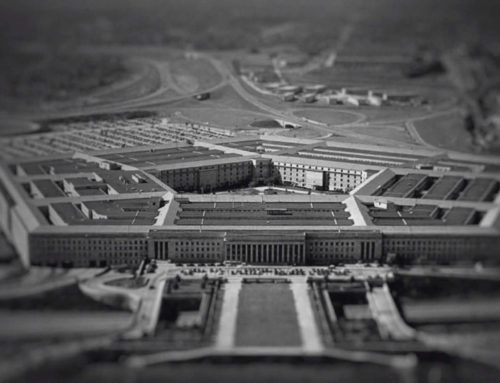While databasing the earmarks that made it into the 2008 defense appropriations bill signed by President Bush last weekwe discovered that, in addition to thousands of earmarks, the final bill retained some ambitious House language on contracting drafted in response to recent Blackwater and war profiteering scandals.
The conference report accompanying the bill pointed out that while DoD has increasingly relied on private sector contractors in recent years, it “has not provided sufficient management oversight of its contractors.” As a solution, they provide $48 million to beef up staff in the Defense Contract Management Agency, Defense Contract Audit Agency and DoD’s inspector general. Though they did not include the House’s $21 million request to loan DoD 600 contract managers from the General Services Agency (GSA), conferees did direct the department to rely more heavily on the GSA for contracting services—strange, since the DoD Inspector General recently reported that one GSA contract alone wasted hundreds of millions of Air Force dollars, and DoD’s top procurement official said just last month that DoD in fact plans to lean less on GSA.
Conferees also give the department 90 days from the bill’s enactment to develop “minimum personnel standards” for security contractors that address criminal history, mental fitness and eligibility to carry firearms. The regulations have to specify “consequences for noncompliance,” which conferees suggest could include fines, denial of payment and contract rescission. The Secretary of Defense is also directed to establish “a clear set of rules of engagement” for all security contractors operating in Iraq and Afghanistan.
The Senate version of the authorization bill (defense authorizations contain most of the federal government’s procurement legislation) also takes on security contractors and contract management, but with some teeth. It asks the Defense Secretary to outline regulations for selecting, training and arming security contractors in combat areas, much like the appropriations bill: However, the regulations would be absorbed into the Federal Acquisition Regulation, giving them some staying power. The bill would also prohibit any new contracts supporting the operations in Iraq and Afghanistan after January 1, 2008, until a memorandum of understanding is signed between the heads of Defense, State and USAID clarifying their roles in overseeing and managing contracts (though this can be waived by the president).
Too bad that voting on the defense authorization bill has been postponed until December, making the January deadline somewhat unrealistic. With more than 20 pieces of contract oversight legislation introduced by this Congress so far, such reforms need incentives beyond Congressional finger-wagging and reporting homework.
Contact: Laura Peterson (202) 546-8500 x114 of by email.










